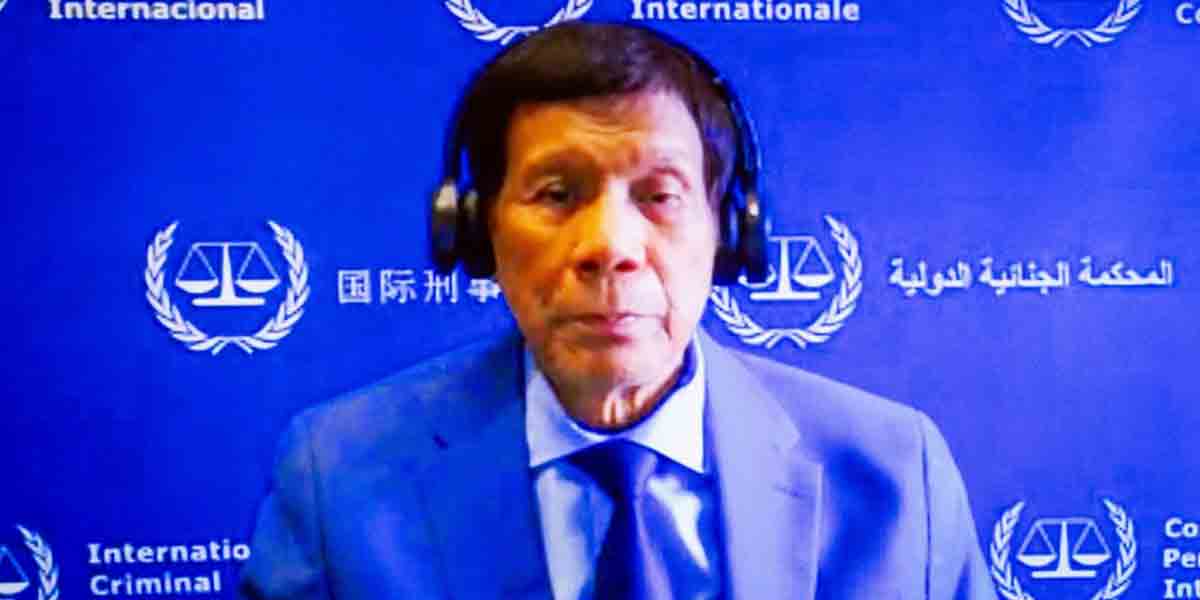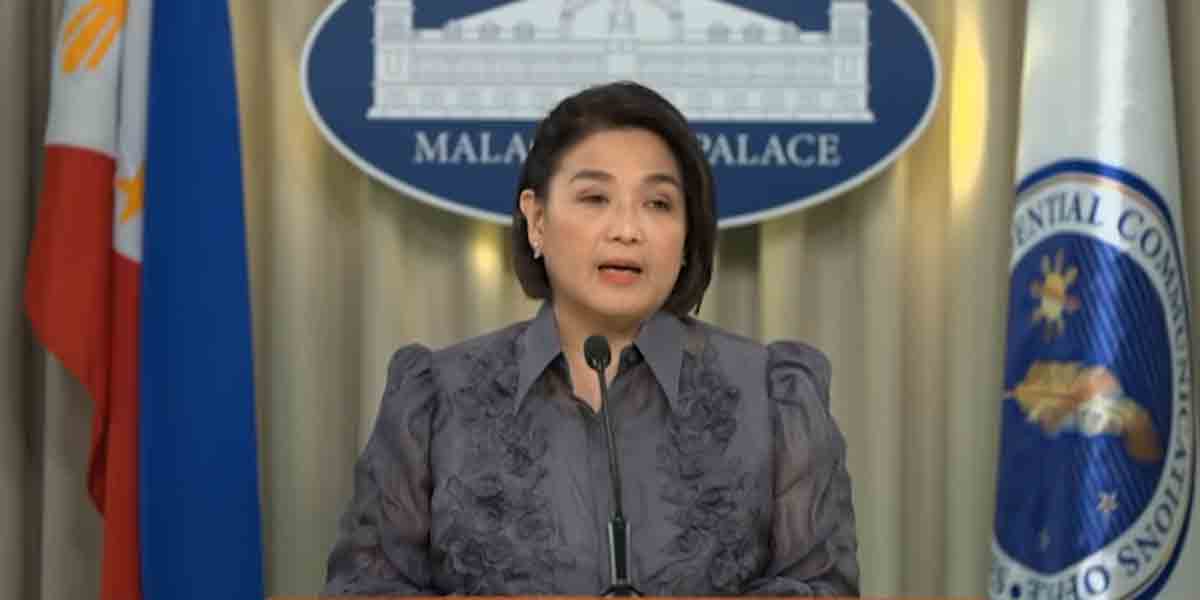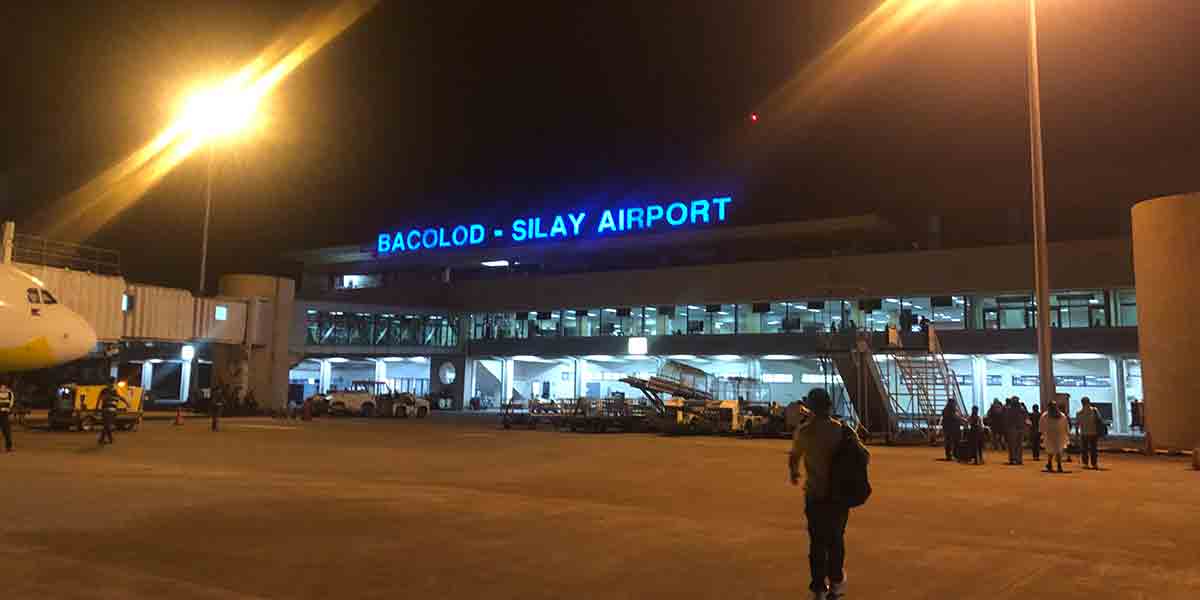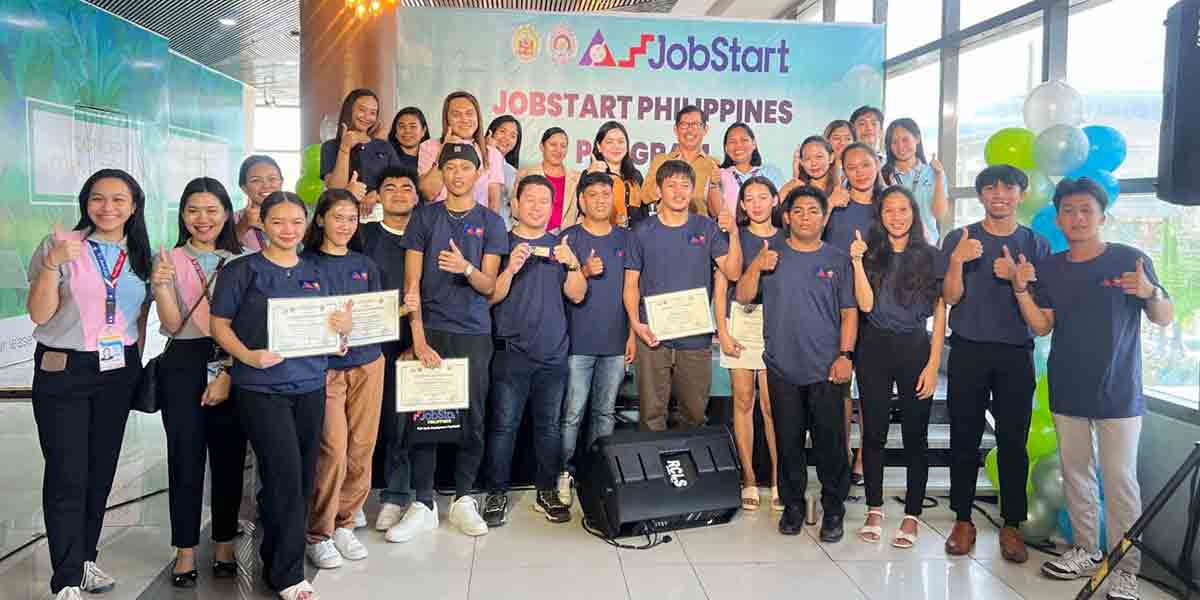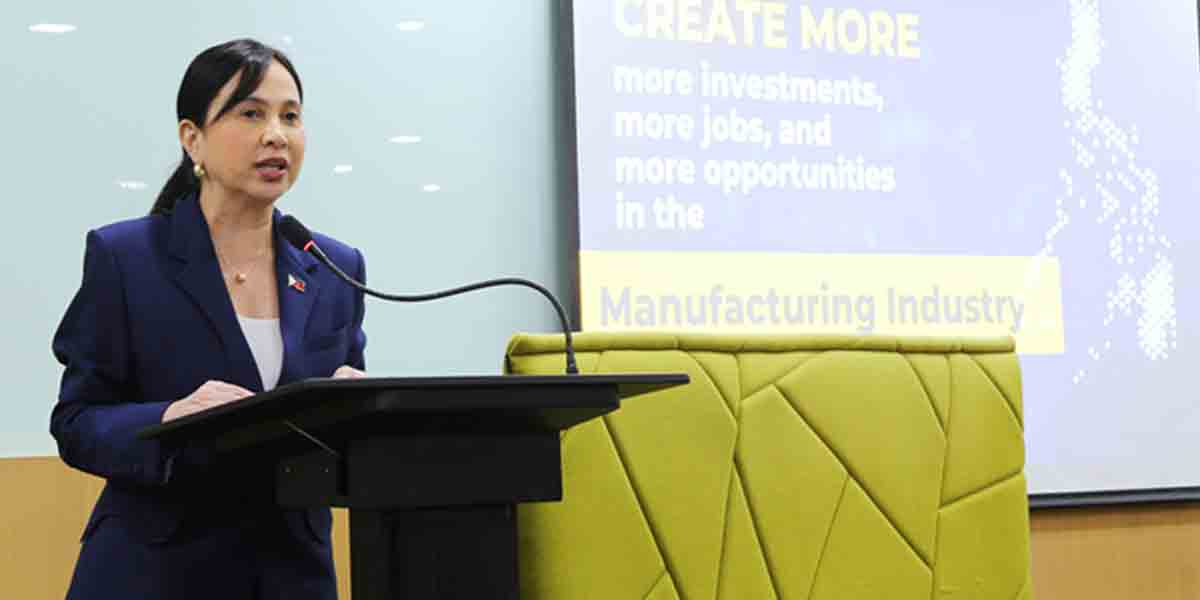By Dolly Yasa
BACOLOD CITY – The implementing rules and regulations (IRR) of the Negros Island Region (NIR) Act remain unsigned by key officials seven months after President Ferdinand Marcos Jr. signed it into law.
Republic Act 12000, or the NIR Act, was signed by President Marcos Jr. to create a separate region comprising Negros Occidental, Negros Oriental, Siquijor, and the highly urbanized Bacolod City.
Metro Bacolod Chamber of Commerce and Industry (MBCCI) executive officer Frank Carbon said Tuesday that Bacolod City Mayor Alfredo “Albee” Benitez and Negros Occidental 6th District Representative Mercedes Alvarez-Lansang have yet to sign the IRR.
Mayor Benitez said he withheld his signature because the IRR did not include provisions for establishing satellite offices in the provinces.
“We want the NIR to be a model region where all departments and agencies have the capability to conduct transactions wherever and whenever,” Benitez emphasized.
He added that the current IRR differs from the agreements made during earlier discussions on the NIR Act.
Benitez highlighted the importance of ensuring NIR offices are accessible to residents of all three provinces in the region.
Rep. Alvarez-Lansang also withheld her signature for the same reason. She earlier told reporters she was surprised the provision for satellite offices was omitted.
“The IRR will operationalize the Negros Island Region. No IRR, no region,” Carbon said.
Carbon noted that the MBCCI will host an economic conference on Jan. 21, 2025, in Bacolod City to address the matter.
“Hopefully, this conference will open the eyes of our local political leaders to the importance of having a functional Regional Development Council (RDC). This will encourage them to come together, reach a compromise, and sign the IRR, which remains the missing link,” he said.
Carbon added that Negros Occidental Governor Eugenio Jose Lacson is expected to lead efforts to set the region’s socio-economic direction over the next six years.
Priorities include improving sugar prices and supply, shifting from urban infrastructure to rural development, enhancing farm productivity, addressing gaps in healthcare and nutrition, and improving access to education.
The economic conference will gather local business leaders, local government officials, non-government organization executives, and representatives from government-owned and controlled corporations.

